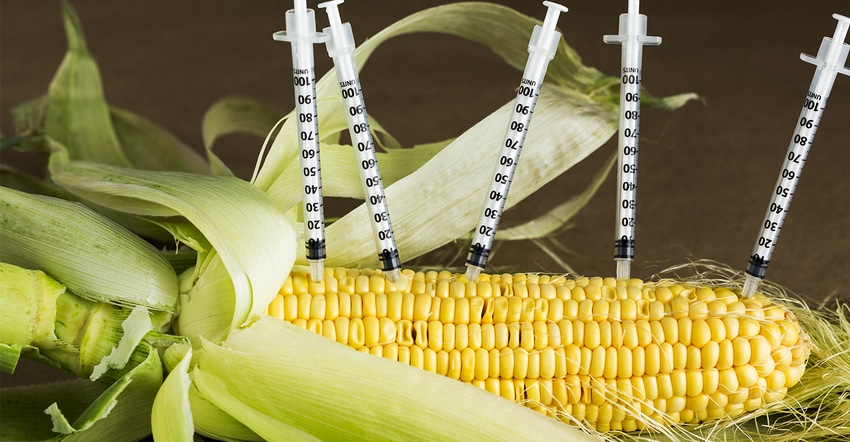From basic definitions, to product manufacturers’ strategy, to consumers changing and sometimes conflicting attitudes, the industry growing up around biotechnology is moving at lightning speed, often without waiting for all the players to catch up.
March 9, 2020

The definition and direction of biotechnology today
Biotechnology is advancing with lightning speed, and the potential is alluring despite concerns about the impact of climate change, overpopulation and chemical pollution, all while the market seeks solutions to feed a growing population more efficiently, increase longevity and prevent disease.
GMOs are defined as any technique or product of in vitro recombinant DNA, including transgenic engineering, gene editing and gene silencing, according to the Non-GMO Project, a group aimed at consumers who wish to avoid any form of genetic engineering in their groceries.
Along with the development of new genetic engineering techniques and terminology, there is also a shift in how these products are being defined and positioned in the marketplace. According to Jim Thomas, with the overseeing ETC Group, the biotech industry has learned from past mistakes and is working to avoid tarring its ingredients as “frankenfoods” like they were in the GMO 1.0 era.
For Karen Howard, executive director of the Organic and Natural Health Association, there is unacceptable risk in what we don’t know and how it might erode the concepts of natural and organic, this as the associated terminology gets more convoluted by the day.
Regulatory oversight is also far from resolved, and a fundamental question arises about what a material or substance is versus how it’s made. For the natural products industry, these questions have particular relevance as ingredients made using genetic engineering techniques find their way into its supply chain. And in supplements, there is also significant lack of clarity and consistency in both regulation and labeling. It has been a longstanding issue.
It boils down to what consumers expect when they are purchasing natural products, and what obligation industry has to meet those expectations. While consumers are fuzzy about the details, they do note big concerns about GMOs in three areas: distrust, discomfort and uncertainty, according to Shelley Balanko, senior vice president at research and consulting firm The Hartman Group.
Corporate motivations will be also under scrutiny as the public becomes increasingly concerned about the impact of the food supply. When consumers decide on the acceptability of a new food or innovation technology and how it is derived, they are going to be asking questions about the motives behind it.
With some, the motivations are clear. California-based startup SugarLogix is trying to provide better nutrition for formula-fed babies by developing yeast-based technologies to produce the missing component in infant formula. PerfectDay has developed flora-based “dairy” protein it says is nutritionally identical to the protein found in cow’s milk but made without a single cow. With the omnipresent Impossible Burger, motivations may be mixed. It’s hard to tell.
Consumers in the middle of the curve on this debate may be undecided, and it is not necessarily easy to figure out who to trust—influencers, websites, FDA? This is an opportunity for brands to become a trusted source of information, experts say.
While there is much to look forward to and be optimistic about, the industry may do well to seek new leadership that will bring back the principles it started with, when products had a purpose. Others recommend that the industry must also get past its inherent biases and would be well-served if it could scan the horizon of technology before it hits the market and develop a clear position about what it means for consumers.
Because while consumers are looking for answers to their health and wellness needs through food and supplements that have the backing of cutting-edge science, their mistrust of industry and technology generally could temper their enthusiasm. That’s why brand transparency and education is essential for consumers before they make buying decisions.
To read the full deep dive, which includes an update on definitions, new techniques and products, and consumer analysis, download “A house divided: Finding common ground in the biotech debate.”
Karen Raterman is principal, New Leaf Communications, in Arvada, Colorado. She specializes in content marketing strategies and development, corporate communications, public relations and social media for natural brands, dietary supplements and botanical ingredients.
About the Author(s)
You May Also Like






.png?width=800&auto=webp&quality=80&disable=upscale)